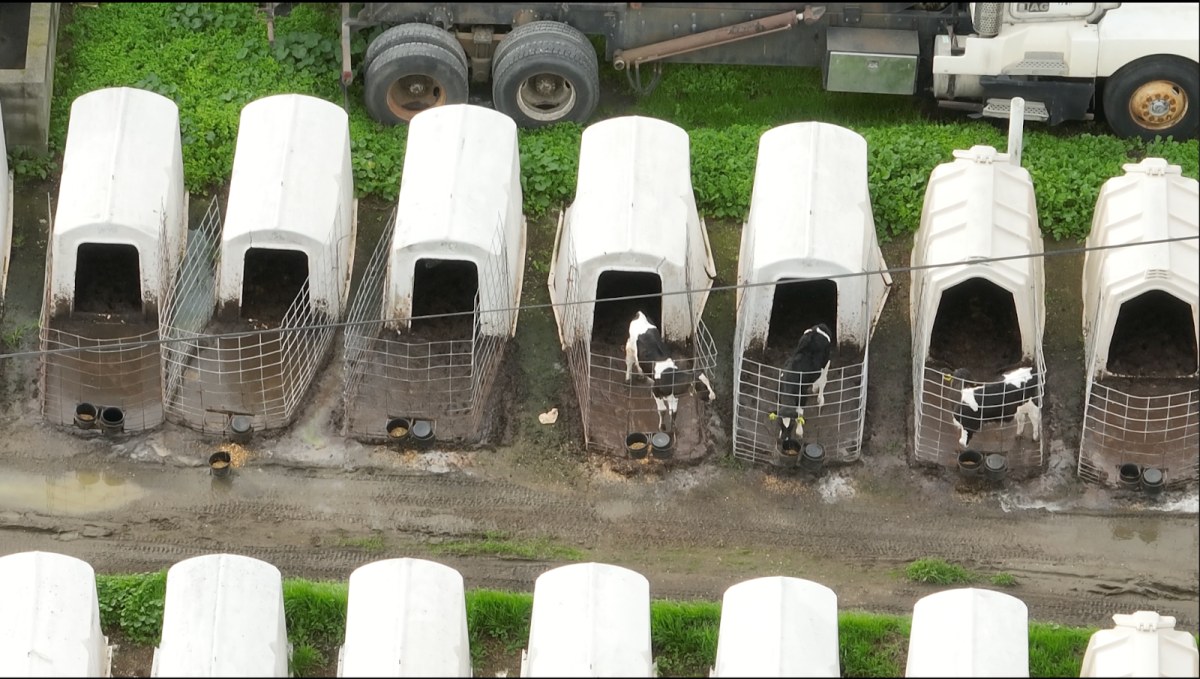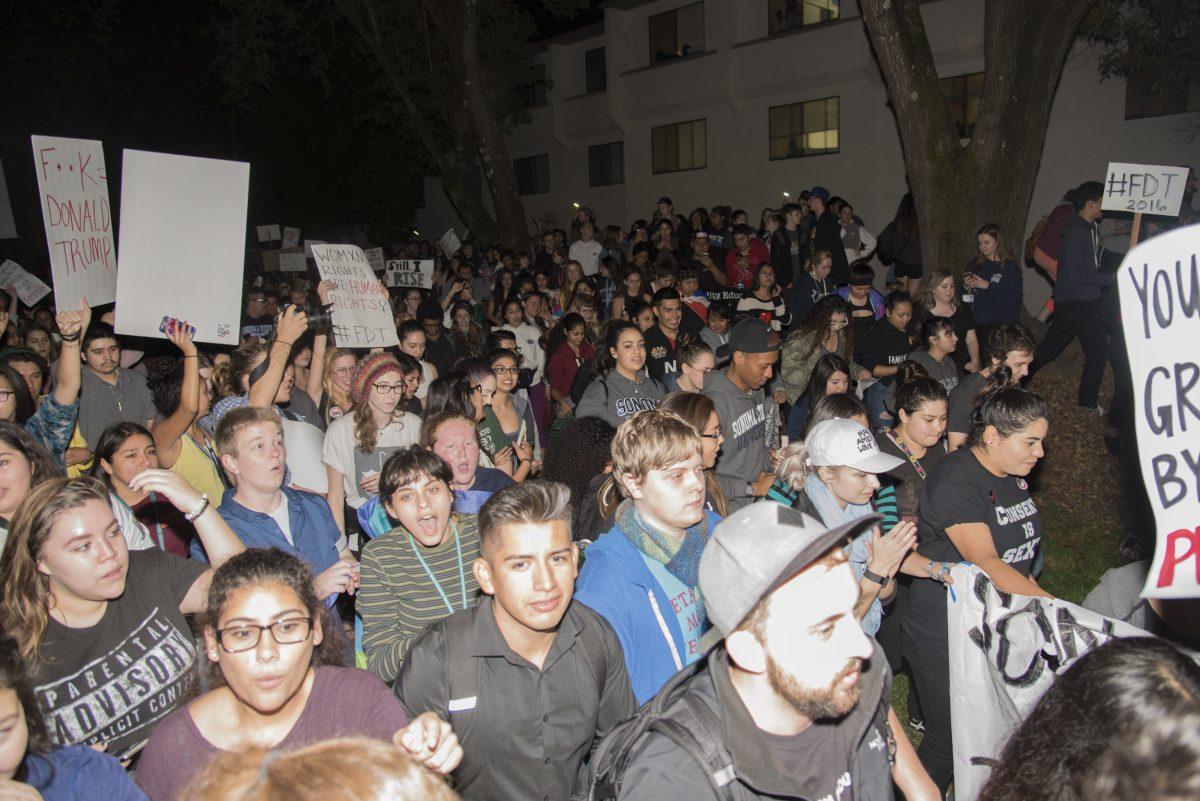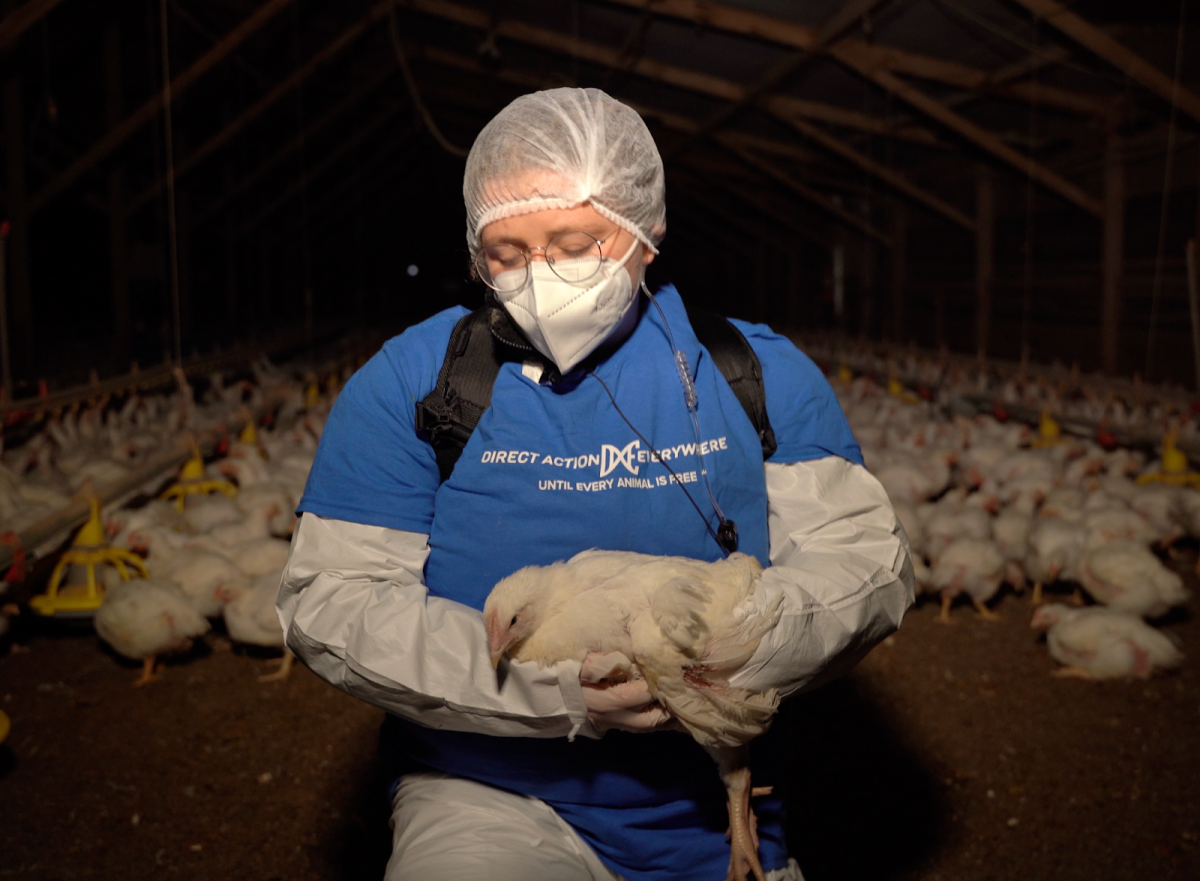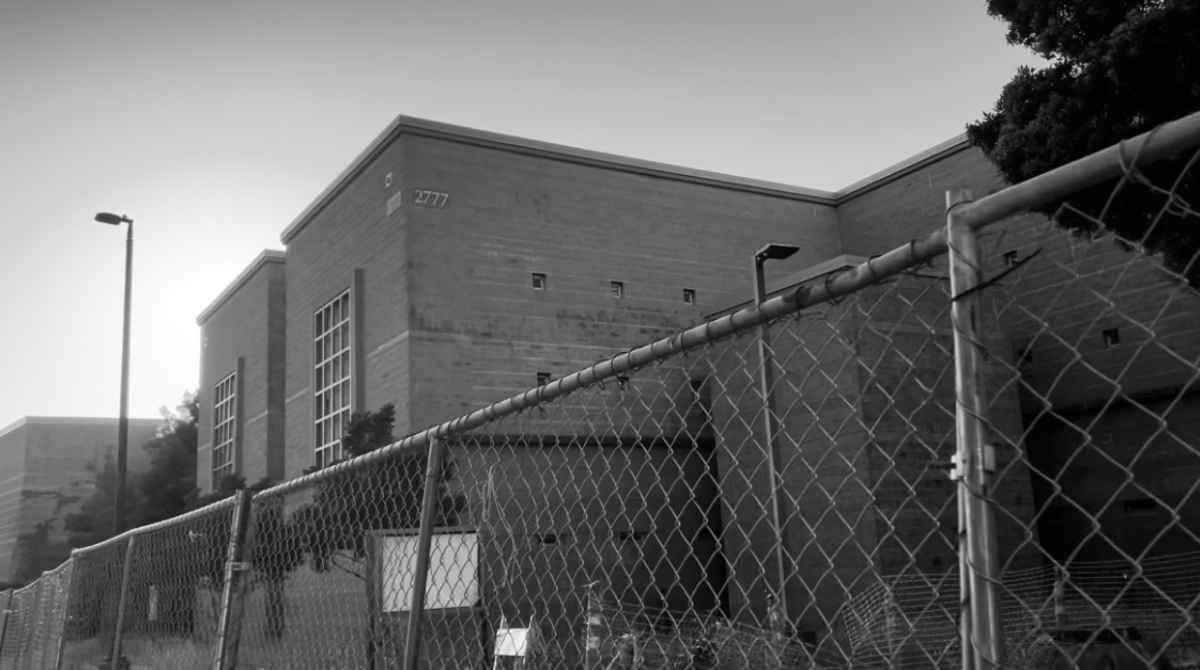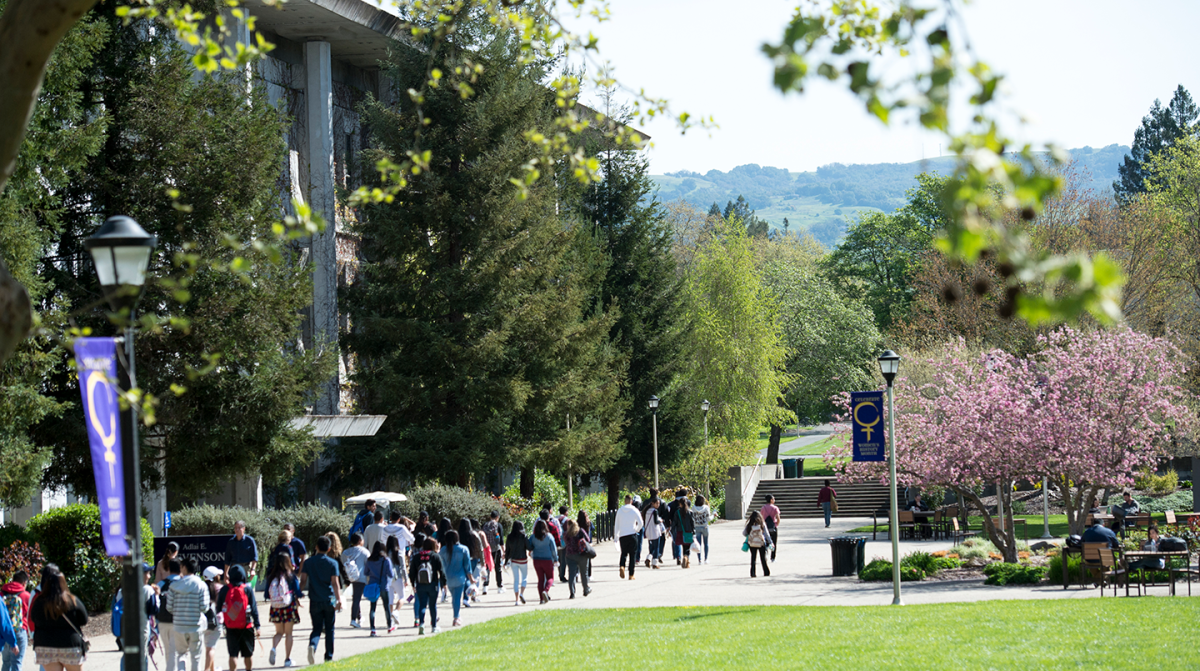Tragedy struck the nation in the form of a campus shooting in Oregon on Oct. 1. Christopher Harper-Mercer, student at Umpqua Community College in Roseburg, Ore., opened fire in his English class, killing nine people ranging from the ages of 18 to 67 years old and injuring several more.
Harper-Mercer killed himself during the ensuing shootout with police. Harper-Mercer and his mother, a nurse, had recently moved to Winchester, Oregon from Torrance, California, according to the Douglas County Medical Examiner.
Nathan Johnson, Chief of Police at Sonoma State University, issued an email on Monday, regarding the shooting and how it relates to our campus. “This incident serves as a reminder that we cannot predict if or when an active shooter incident may occur. We can, however, strive to be as prepared as possible,” he wrote.
Johnson added a link to the email containing response recommendations regarding active shooter response and a list that spells out some easy to remember steps in case of an emergency. Johnson asked students to consider the possibility of such an incident and plan escape routes and responses in advance, as well as report suspicious persons to authorities. He also explained the danger of inactivity, stressing that the faster you act, the more likely you are to escape the scenario. He asks students to run, hide or as a last resort, fight back.
“This year we’ve increased our training in emergency preparedness and response, including the update of our emergency plan and active shooter response scenario,” Johnson said.
Officials have not determined a clear motive of the attack at Umpqua Community College, but evidence suggests that he opposed organized religion and supported white-supremacist causes. Officials said at a news conference Friday that six weapons were recovered from the scene of the shooting, and eight guns were found at Harper- Mercer’s apartment.
All 14 weapons were purchased legally. Law enforcement officials stated that he also wore body armor and carried extra ammunition. Former neighbors of Harper-Mercer said he seemed like a loner and always seemed anxious.
Sonoma State Vice President Larry Schlereth recently approved a hiring of an additional police officer to address the increase of the student body and related service demands.
Along with this, additional active incident related safety equipment will be procured to equip officers with the necessary tools to better campus safety. “We feel confident that we have a safe, nurturing community that would do what’s necessary to avoid such tragedies,” Johnson said.
Harper-Mercer served a short stint in the Army in 2008 but was discharged for failing to meet the minimum requirements.
A law enforcement source said investigators learned Harper-Mercer had long struggled with mental health issues, beginning when he was a teenager. He attended Switzer Learning Center, a facility that specializes in students with special needs, emotional difficulties, autism and Asperger’s syndrome.
Harper-Mercer’s mother claims her son had Asperger’s syndrome, which can severely limit social development and spark emotional meltdowns, but is not associated with predatory behavior.
Ian Mercer, the shooter’s father, took to the news to express his strong opinion on why he believes this tragedy occurred. During an interview with CNN outside his home, he told reporters he had no idea his son was in possession of any weapons.
“We talk about gun laws. We talk about gun control. Every time something like this happens, they talk about it and nothing gets done. I’m not trying to say that that’s to blame for what happened, but if Chris had not been able to get hold of 14 guns, this wouldn’t have happened,” he said.
Tragedies such as these affect more than just the surrounding community, acting as a wake up call to the rest of the U.S. to ensure the safety of campuses and other public places.

